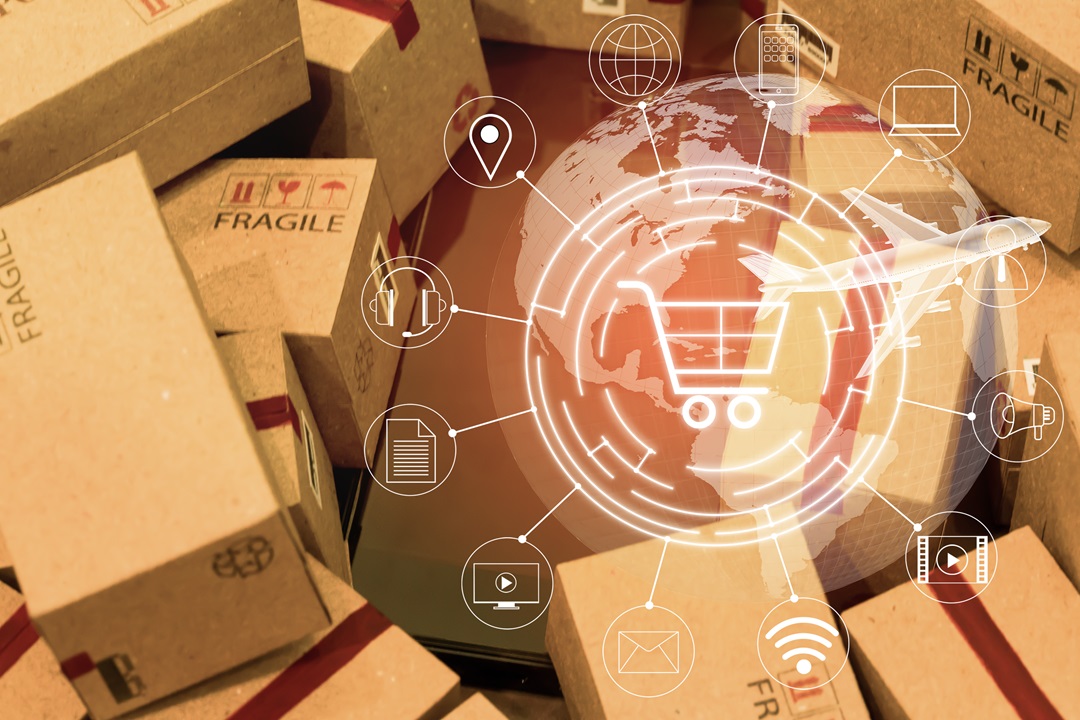In the upcoming year of 2024, it is predicted that B2B banking services will increase in demand and be considered a worthwhile investment opportunity for investors.
There will be a plethora of possibilities for both new and established Fintech companies to create solutions that will further the democratization of B2B banking services.
What Does the Term B2B Banking Mean?
B2B, or "business to business," refers to a type of business model in which companies develop and provide goods and services to other businesses, rather than to individual customers.
This model involves commercial transactions between different businesses, including examples such as wholesale distributors and e-commerce retailers, or a business and a government agency.
What is B2B for Banks?
B2B banking, short for "business to business banking", is the financial exchange between businesses, where one business provides goods or services in exchange for currency from another business. This type of transaction does not include individual customers.
B2B bank is a reputable provider of financial products and services to financial advisors and mortgage brokers throughout Canada.
One of their offered services is the "borrow to invest" option, which allows clients to obtain funds for investment purposes.
They also offer other services such as checking and savings accounts, mortgages, loans, and credit cards.
The B2B payment process typically starts with the issuance of invoices and their processing. These payments are typically made through checks, bank transfers, or electronic methods such as Automated Clearing House (ACH), wire transfer, or electronic funds transfer (EFT).

What Does B2B Mean in Finance?
B2B e-commerce refers to the process of conducting commercial transactions between businesses, as opposed to between a business and an individual consumer, using electronic means.
This can include the buying and selling of goods, services, or information.
Examples of B2B e-commerce include transactions between wholesalers and online retailers, as well as the use of online marketplaces, electronic data interchange, and other digital platforms.
What are the Main Characteristics of B2B?
The key features of B2B (business-to-business) commerce include:
• Businesses typically engage in large-scale purchasing
• B2B transactions are predicated on pre-existing relationships between buyers and sellers
• Potential clients can be readily identified and categorized
• Multiple individuals are involved in the buying decision
• B2B transactions rely on professional procurement techniques that are based on data and logical thinking
• B2B transactions place a strong emphasis on cost-effectiveness and cost savings.
What are the 4 Types of B2B?
B2B (business-to-business) transactions encompass a variety of different types of commercial interactions, some of the most prevalent being:
• Manufacturers and Wholesalers: This kind of B2B includes the sale of goods or raw materials from manufacturers or wholesalers to other businesses.
• Business Services: This category of B2B encompasses the provision of services, such as consulting, marketing, or IT, from one business to another.
• Online Marketplaces: This form of B2B includes the use of digital platforms, such as e-commerce websites or mobile applications, to connect businesses with suppliers or other partners.
• Supply Chain Management: This category of B2B encompasses the coordination and management of multiple businesses within a supply chain, from raw materials to the final product.

What is B2B Money Transfer?
B2B payments, short for business-to-business payments, refer to the transfer of funds from one business entity to another in exchange for goods or services.
This type of payment can occur as a one-time transaction or as part of a recurring agreement, as per the agreement between the buyer and supplier.
B2B Banking Services
B2B banking, short for business-to-business banking, refers to the financial services provided by banks to other businesses rather than to individual customers.
These services can encompass various options such as commercial loans, lines of credit, and specialized banking services such as foreign currency exchange and trade financing.
B2b Bank Investor Access
The services and platforms that banks offer to their business clients to enable them to access information about their investments and conduct transactions relating to those assets are referred to as B2B bank investor access.
To manage their assets, companies can use technologies like trading platforms and mobile applications, as well as online portals where they can examine their portfolio, account balances, and transaction history.
How Do I Close My B2B Bank Account?
Closing a B2B bank account typically involves a few steps that include:
- Contacting the bank: Get in touch with the bank's customer service team by phone or email to inform them of your intent to close the account. They may ask for your account number and a reason for closing the account.
- Verifying account information: The bank may ask you to verify certain information about the account, such as the account holder's name, address, and identification number, to confirm that you have the authority to close the account.
- Clearing outstanding balances: Before the account can be closed, any outstanding debts, loans or unpaid bills on the account must be cleared.
- Requesting account closure: Request the bank to close the account and ask for a confirmation letter or email
- Following up: Wait for confirmation from the bank that the account has been closed and all funds have been transferred to your nominated account.
In 2024, B2B banking will remain a crucial part of the financial sector as companies of all sizes rely on these services to handle their finances and expand their operations.
It is anticipated that the digitization trend in B2B banking will persist, with an increasing number of banks providing online and mobile banking platforms, as well as other digital tools such as AI and blockchain technology.
Join Jetonbank to benefit from B2B banking services and carry out your business transactions from a single center.

